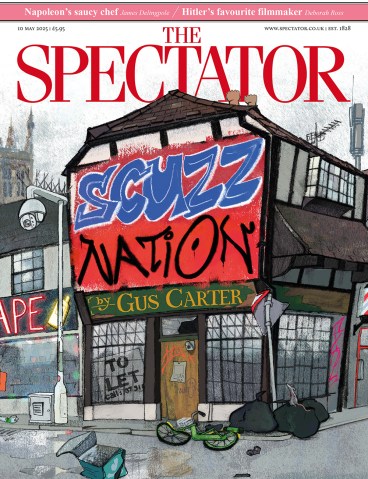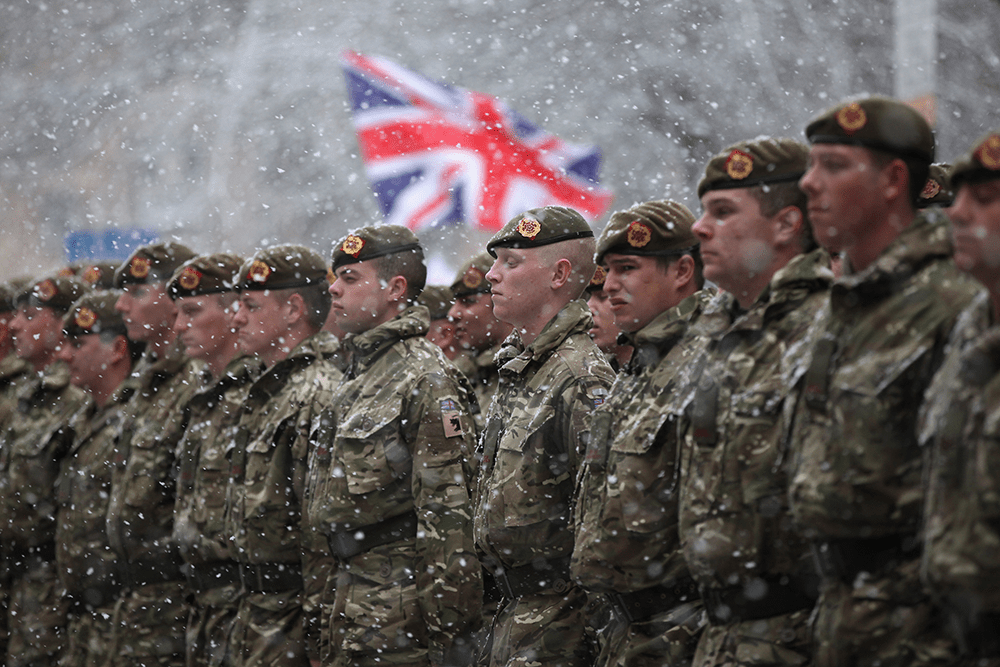
This week we celebrated VE Day. When Pericles remembered the dead from the war against Sparta in his famous Funeral Speech of 431 bc, he was not celebrating victory – the war would end in 404 bc with Athens’s surrender – but doing something quite new: he was reflecting on what Athens stood for and why it was worth dying for.
Pericles began by ticking off a number of important features of dêmokratia, ‘people-power’: the system ran in the interests of the many, not the few; men of distinction were given scope to win promotion on the grounds of merit (‘people-power’ was always thought to deny them that opportunity); but even the poor man could benefit the state by holding one of the many offices that came up annually and were filled by lot; poverty itself was not a disgrace, only the refusal to fight it; everyone was equal before the law, ‘free and tolerant in our private lives but law-abiding in public’; Athenians ‘cultivate refinement without extravagance, and love of the intellect without going soft’. Wealth was a gateway for action, not merely for show.
Further, no citizen could complain about being left out. All political issues were publicly discussed by citizens before they (not their leaders) took the final decision. Public debate, Pericles pointed out, was not a stumbling block to action, but an indispensable preliminary to it, as a result of which the average man became a ‘good judge of public matters’. But the man who played no part and kept himself to himself (in Greek, idiôtês), was regarded as simply ‘useless’. He had nothing to contribute. ‘So when you come to understand Athens’s greatness, reflect that it was by courage, sense of duty and a keen feeling for honour in action that men were enabled to win all this.’
Now, perhaps for the first time in our history, there is a generation that has no interest in fighting for survival. But it raises a nagging question: how would one argue today that Britain was worth fighting for? Would Pericles’s vision of a citizen-oriented state (slave-free, of course) ring a bell? And which actor/chef/comedian/presenter/influencer/YouTuber would the BBC choose to make the case?







Comments